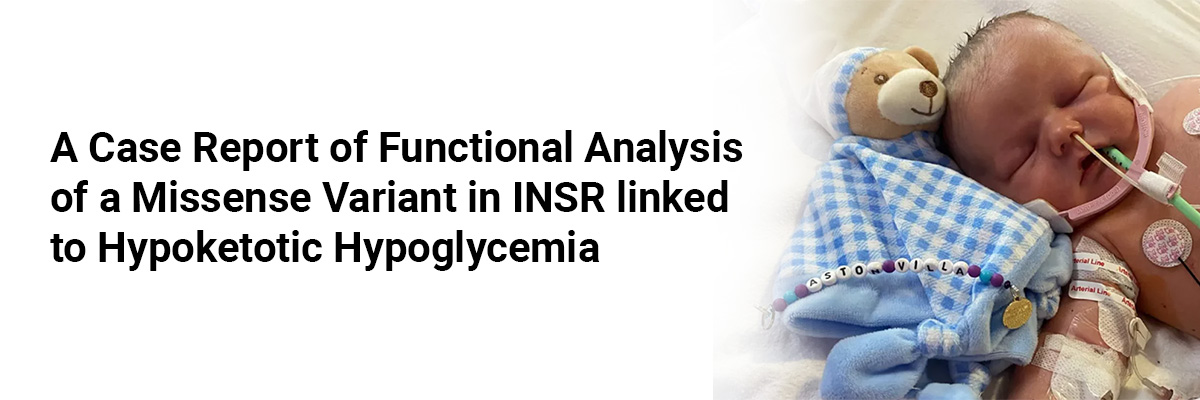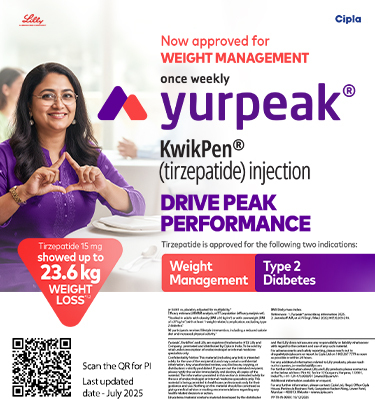
A case report of Functional analysis of a missense variant in INSR linked to hypoketotic hypoglycemia
Congenital hyperinsulinism (HI), caused by abnormal insulin secretion, is the leading cause of persistent hypoglycemia in infants and children. This condition is marked by severe and persistent hypoketotic hypoglycemia that can be triggered by fasting, glucose or protein consumption, or exercise, depending on the particular genotype. In addition, this type of hypoglycemia can also result from defects in the insulin signaling pathway. Making the distinction between the two is crucial for guiding treatment choices.
An HI phenotype has been linked to dominant mutations in the insulin receptor gene (INSR), potentially as a result of a combination of reduced insulin degradation and altered insulin receptor activity in the liver and skeletal muscle. The current case report described a case of a 10-year-old girl who experienced fasting and postprandial hypoglycemia and was found to have a missense variant in the INSR gene.
She first presented with these symptoms at age six and was diagnosed with hypoketotic hypoglycemia likely due to hyperinsulinism, for which she was treated with diazoxide.
Whole exome sequencing revealed a maternally inherited heterozygous missense variant in INSR. The mother also exhibited postprandial hypoglycemia. Functional studies showed that cells expressing the mutant INSR variant had higher phosphorylated Akt and ERK1/2 levels at baseline as compared to those with the wild type, indicating increased activation of the insulin receptor.
This case highlighted a heterozygous missense variant in INSR as a cause of both fasting and postprandial hypoglycemia due to its constitutive and increased activationof the human insulin receptor. Therefore, by gaining a deeper understanding of the pathophysiology associated with this type of hypoglycemia, we can more effectively customize our current treatments to manage the hypoglycemia experienced by these patients.
Source: Guzman H, Mitteer LM, Chen P, Juliana CA, Boodhansingh K, Lord K, Ganguly A, De Leon DD. Case Report: Functional characterization of a missense variant in INSR associated with hypoketotic hypoglycemia. Front Pediatr. 2024 Oct 17;12:1493280. doi: 10.3389/fped.2024.1493280. PMID: 39483531; PMCID: PMC11524959.















Please login to comment on this article